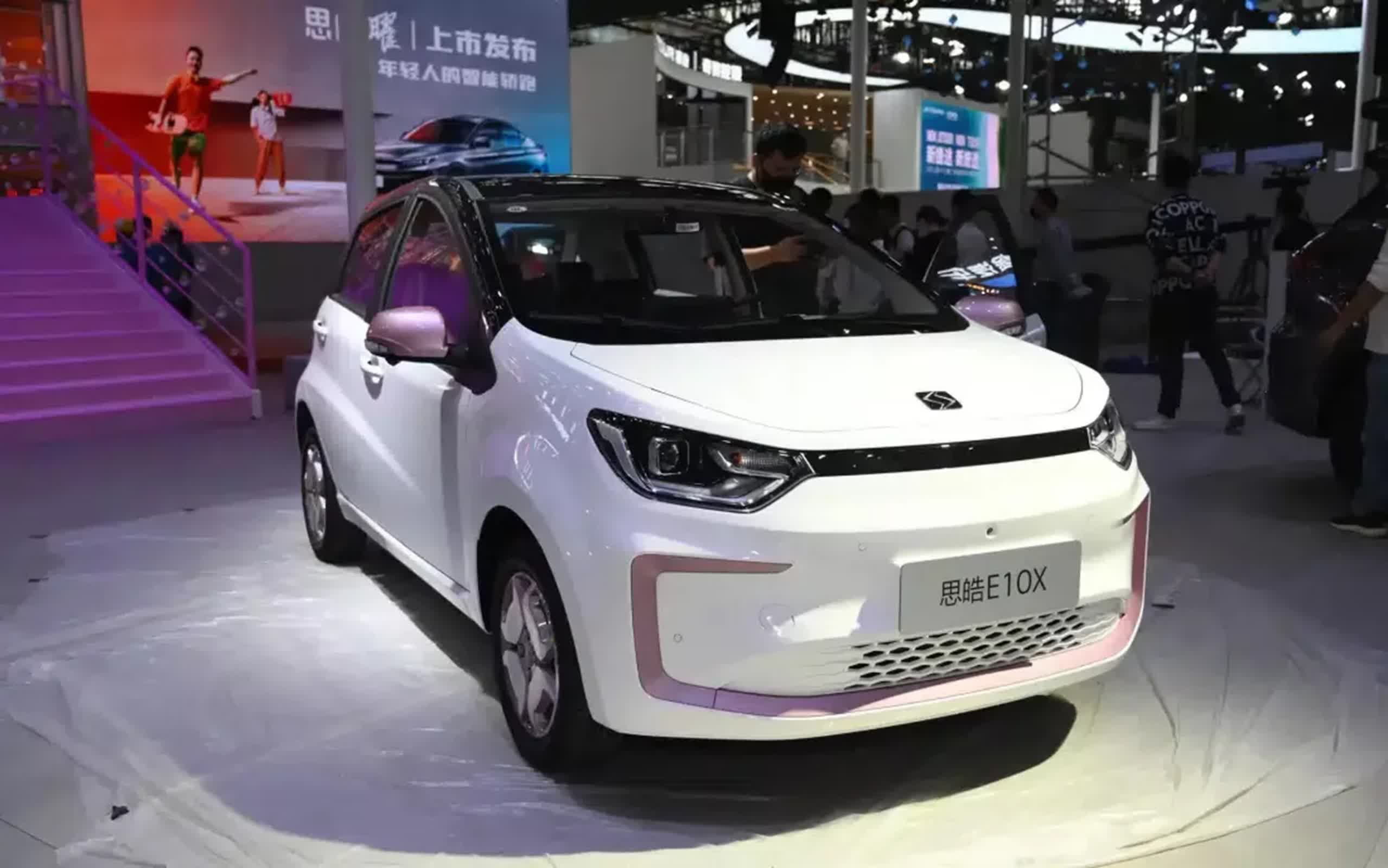The big picture: The Biden Administration is committed to protecting the nascent clean energy sector in the US, with a particular focus on supporting electric vehicle (EV) producers against cheaper international competitors. China is ahead of the US in the development of several critical technologies, especially electric batteries, raising concerns about potential Chinese monopolization. This endeavor, however, is at odds with the administration’s goal of curbing emissions.
The administration is set to declare a hike in tariffs on clean-energy imports from China, including electric vehicles, batteries, and solar panels. Reports indicate that tariffs on Chinese EVs will increase from 25% to 100%, with an additional 2.5% tariff on all auto imports into the US.
The announcement is expected to be made on Tuesday, though the exact timing is subject to change, as per officials.
As China prepares to flood the US market with clean-energy products—due to its own overproduction—US authorities are intent on defending the emerging domestic clean-energy market, especially EV manufacturers from China’s more competitively priced vehicles.
An independent think tank’s report last year showed that China leads the US in 37 of 44 crucial emerging technologies, such as electric batteries, indicating a significant threat of monopolization.

This tariff increase is indicative of the growing US concern over China’s trade practices.
Recently, President Biden proposed elevating tariffs on Chinese steel and aluminum. The United States Trade Representative has also launched an investigation into alleged unfair trade practices in China’s shipbuilding sector, following a United Steelworkers union petition. In February, Biden mandated a probe to assess if Chinese connected vehicles are a threat to national security.
The potential effects of these new tariffs on the US EV market are still uncertain. Because of existing tariffs, Chinese EV makers have shifted their focus to developing clean-car markets in countries such as Brazil, Israel, and Thailand, where BYD Co., a Chinese EV and plug-in hybrid manufacturer, enjoys significant sales.
To avoid tariffs, Chinese solar firms primarily export to the US through third countries—a strategy that is increasingly being challenged by US companies. US solar producers are lobbying for tariffs on $12.5 billion worth of equipment imported from Southeast Asia.
Paradoxically, restricting imports of cost-effective Chinese EVs may hinder the Biden Administration’s ambition to lower carbon emissions.